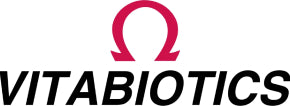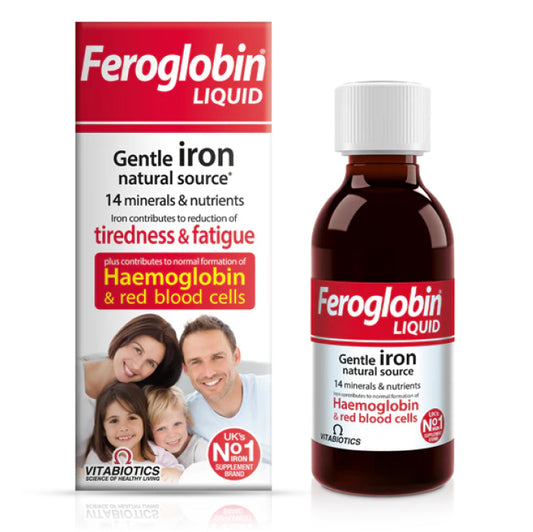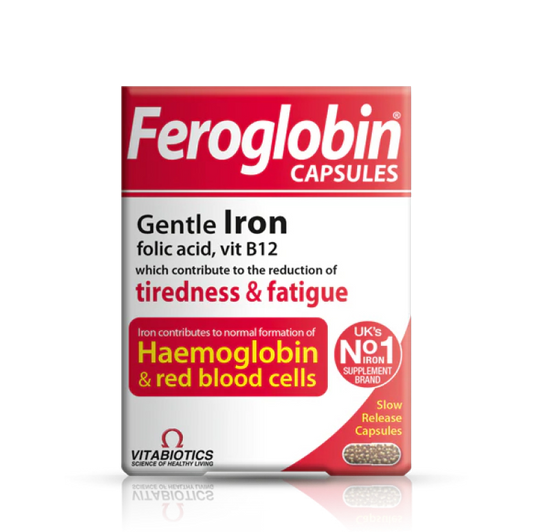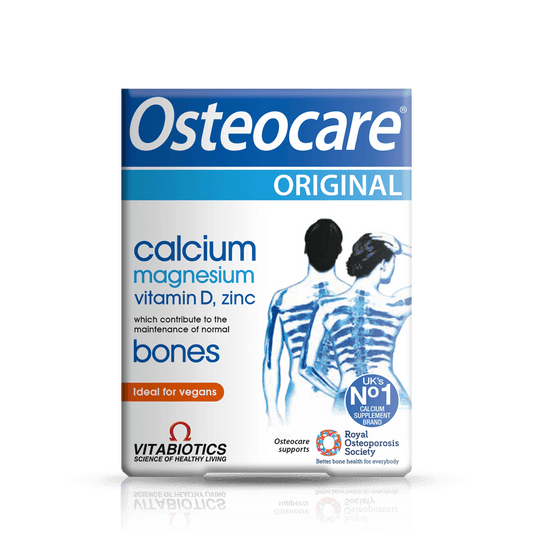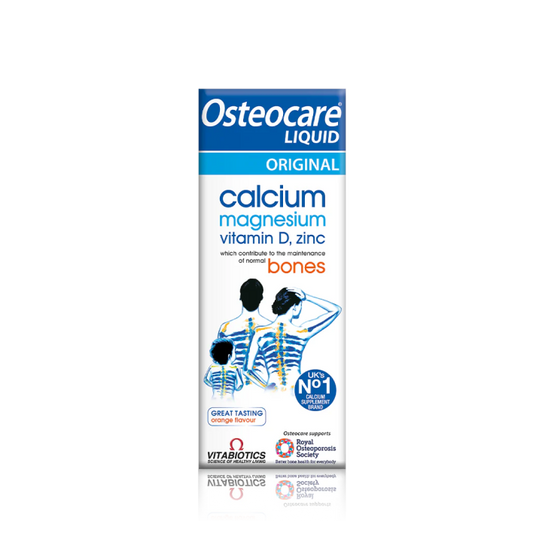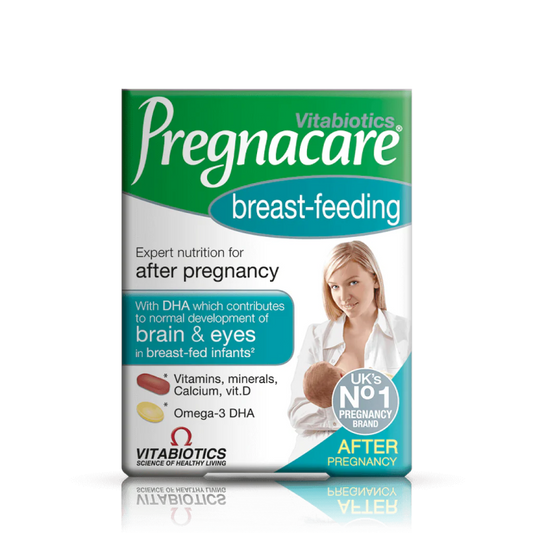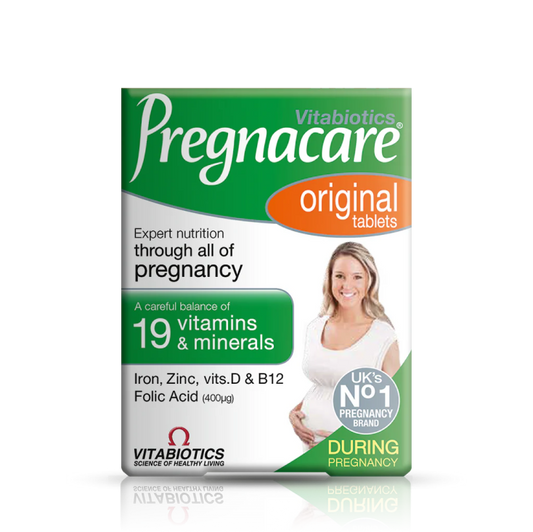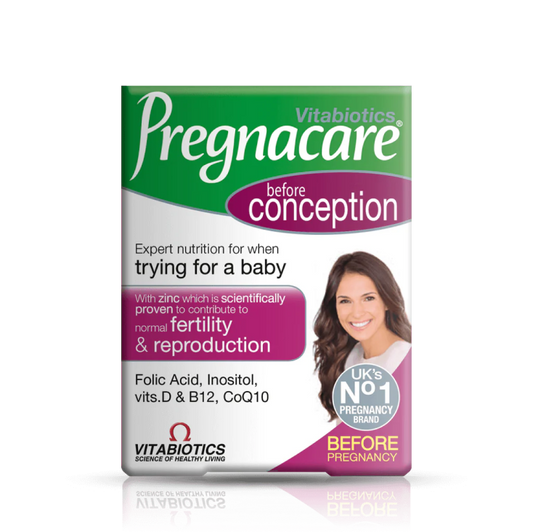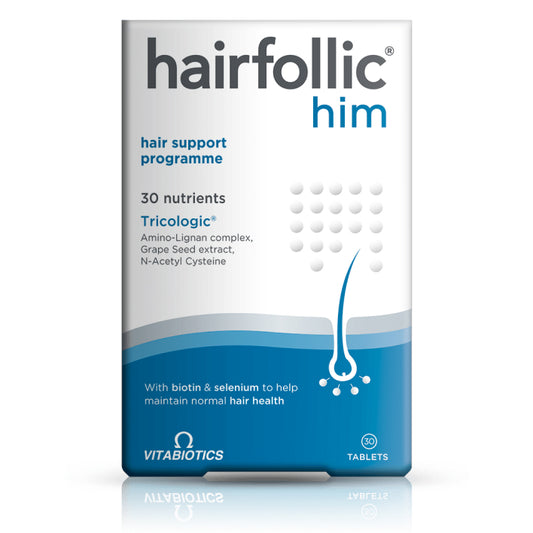Iron is an important element for the body, so it is important to maintain its proper level. Some people, especially women, may experience a deficiency that affects their health. Weakness, fatigue, or increased hair loss may occur. Find out what supplements are worth taking to compensate for deficiencies?
Symptoms of iron deficiency in women
The basic function of iron in the body is to transport oxygen to tissues. If there are deficiencies, this process is disrupted, which affects the entire body. Iron is absorbed in the digestive tract, so maintaining it in proper condition is very important. Iron deficiencies can cause a number of ailments and also negatively affect everyday functioning. It is worth remembering that low levels of this element do not always mean anemia, but it is a warning signal that the body is not functioning properly.
The intensity of symptoms depends on the rate of anemia development. Typically, the following symptoms appear at the initial stage:
- chronic fatigue,
- weakness,
- increased fatigability,
- paleness of the skin and mucous membranes,
- heart palpitations,
- headaches and dizziness.
Fainting may occur over time. Many women with iron deficiency complain of increased hair loss, dry skin and irritability. Anemia is most easily diagnosed by performing a basic blood test, which includes a complete blood count. Prevention allows for early detection of deficiencies in the body and initiation of appropriate treatment or supplementation.
This may be useful to you: Feroglobin Iron Supplements
Causes of iron deficiency in women
The causes of iron deficiency depend on age, gender, and social status. Young women, teenage girls, and pregnant women are most at risk. Anemia can also be dangerous for young children. The main causes of iron deficiency include:
- a diet low in iron (vegan, vegetarian diet),
- eating disorders, e.g. anorexia,
- pregnancy and breastfeeding,
- gastrointestinal bleeding,
- heavy periods,
- sudden blood loss, e.g. due to trauma,
- chronic diarrhea,
- malabsorption syndrome,
- taking certain medications.
Determining the cause and eliminating it is very important and allows you to replenish the deficiencies that have occurred.
How to compensate for iron deficiency with your diet?
Iron in food comes in two forms: heme and non-heme. Heme iron is animal products, such as red meat and offal. Non-heme sources of iron include plant products. Heme iron is the most absorbable, so a poorly balanced diet low in meat can lead to deficiencies of this element.
To keep your body in good shape, a varied diet is essential, containing products from different food groups. It is worth including the following in your diet:
- beef,
- chicken liver,
- legume seeds (lentils, chickpeas, beans),
- lettuce,
- broccoli,
- kale,
- pistachios,
- pumpkin seeds,
- dried apricots.
To improve iron absorption, you should enrich your diet with vitamin C , which can be found in citrus fruits, parsley, red peppers and wild rose. When composing meals, do not forget about these products. Iron absorption can be inhibited if you combine products containing it with tea, coffee, cocoa, oatmeal or products rich in oxalic acid, such as rhubarb and sorrel.
See also: The healthiest fruits that are worth having in your diet
In the case of food allergies or intolerances, it can be difficult to compose a nutritious diet. Proper supplementation can help.
Iron supplementation – what to remember?
Taking iron in the form of dietary supplements is intended to replenish current deficiencies and also help store iron in the body. In many cases, supplementation is temporary, but infection with the Helicobacter pylori bacteria or celiac disease may require constant intake of iron from outside sources.
The dietary supplement regimen may be different for everyone. There are studies that recommend taking iron daily in small doses or every other day. Introducing smaller doses may reduce the risk of side effects and also improves the absorption of this element.
It is worth adding vitamin C to iron supplementation, although its deficiencies are currently rare. It is needed to improve absorption. Many iron dietary supplements contain it in their composition, which makes it easier to use daily. Additionally, in iron preparations you can find vitamins from the B group, especially vitamin B6 and B12. Deficiencies of the latter may occur in people who do not eat meat. However, before you reach for iron dietary supplements, do blood tests. They will provide a lot of valuable information about the condition of your body.
See also: What is worth knowing about vitamin B2?
